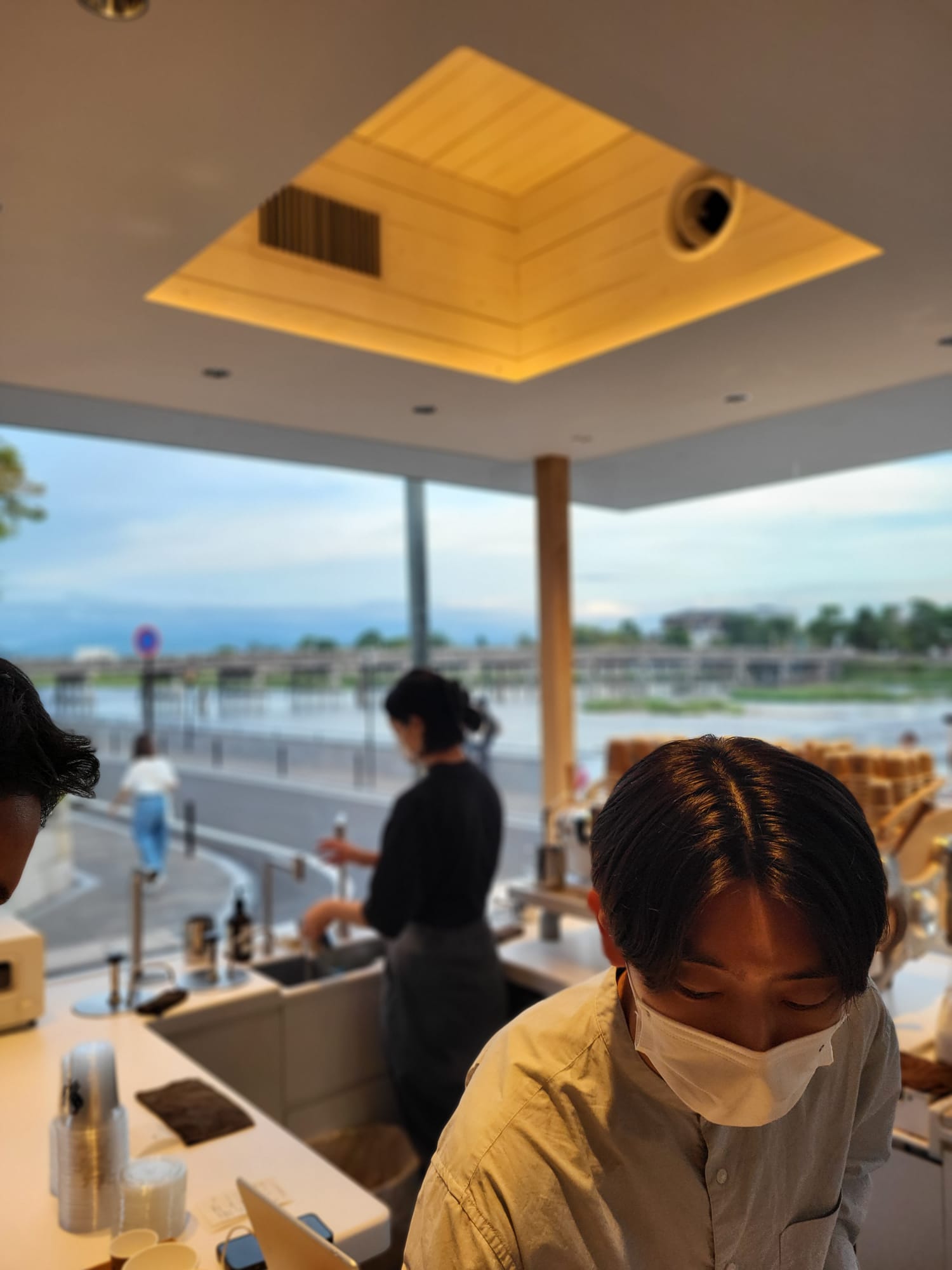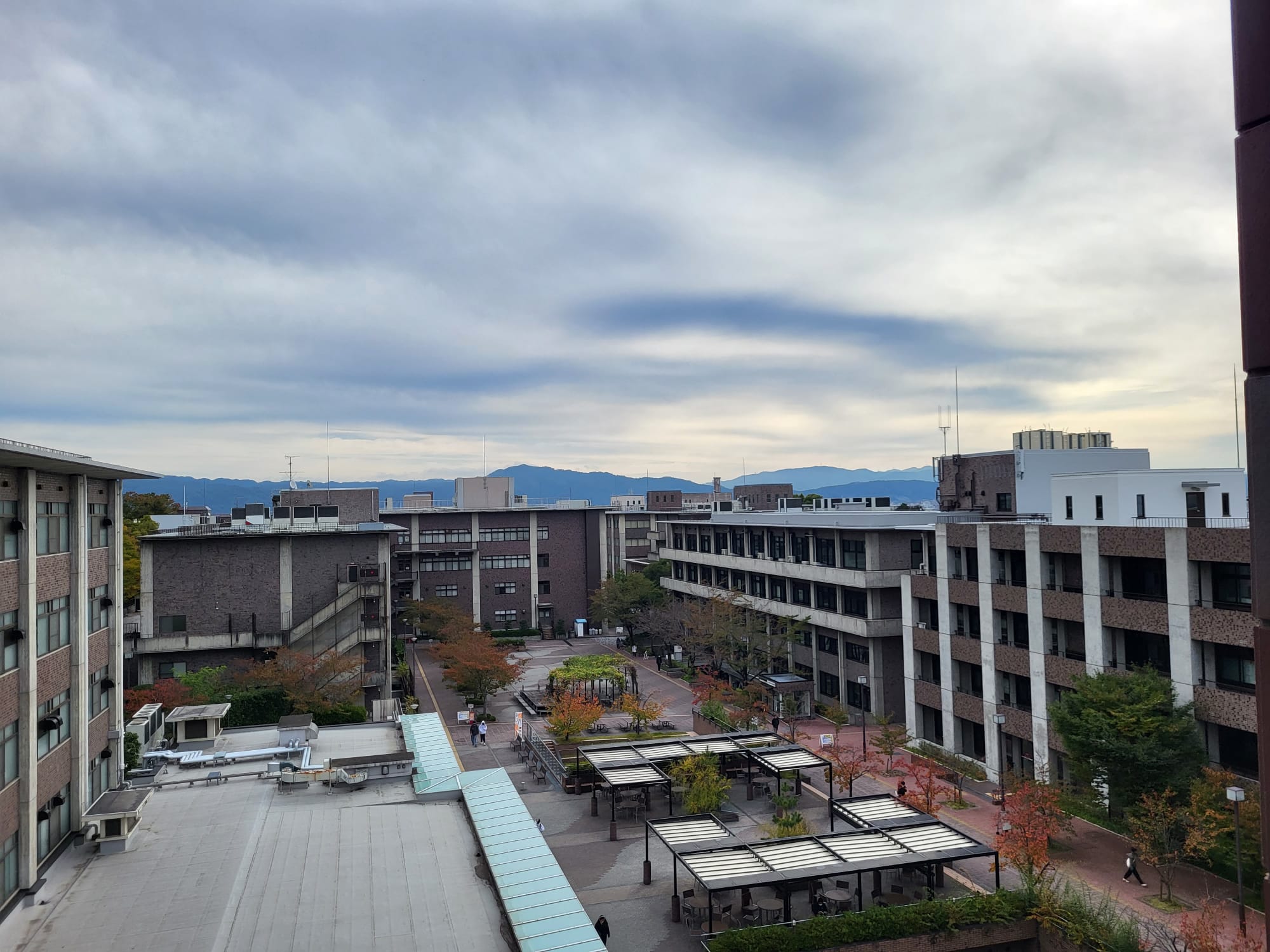
However, Let’s Not Forget Reality: Unmasking Japan – and Myself…
Hello ladies and gentlemen! We meet yet again.
I hope everyone is looking forward to the winter holidays which are right around the corner! Since it is sort of a transition period from the fall ‘hype’ to the best holidays of the year (in my humble opinion), I wanted to take this opportunity to talk about more complicated things which lately have been weighting on my mind.
Study abroad can be very exciting – new people, new environment, new life… However, after the euphoric feelings of wonder and excitement die down and reality sets in, we as study abroad students can observe our surroundings in a way which is unique. Unlike the local people that have grown up here their whole life, or the outsiders that have only come for tourism, we can view the internal works of a country with an outsider’s perspective – we become a ‘third party’. A couple of days ago, I watched a video that explained about the ‘Paris Syndrome’, a case where mostly Japanese tourists arrive to Paris and have panic attacks because their fantasy of the magical Paris has been replaced with dirty streets, somewhat direct people, and crime: in other words, culture shock. I may not be crying, but I am starting to unmask a culture that I have been idolizing for years.
Five years ago, when I first came to Japan, I truly only experienced the good in the country. Endless food options, efficiency, “the safest place in the world…”. There is definitely a reason I wanted to return so badly. Yet ever since I came here for the second time, I have been hearing and experiencing things that I did not recognize when I was 18 years old.
While driving in the car today with an acquaintance of mine, we were talking when the conversation on missing children came up. Apparently, before COVID the number of missing children was as high as 20,000 per year. That came as a shock to me, knowing that one of the safest countries in the world is Japan. Two weeks earlier, I was driving with a different friend of mine when we were discussing the high crime rate in Osaka and the situation of ‘secret’ settlements that are not recorded as official by the Japanese government and are never approached or investigated by the police. Just the other day, I went to observe a ‘soup-kitchen’ for homeless people in Nagoya, not to mention my already existing knowledge on suicide rates and overworking culture. These are all very serious issues which are almost never discussed in Japan. All of this is interesting, but then I started think – why? Why am I realizing this now (since I knew there is no perfect place on earth), and why am I suddenly having all these conversations?
I have two theories. One, Japanese culture. Two, myself.
First, I would like to talk about the ever famous ‘honne’/’tatemae’ idea. To explain briefly, a prominent aspect in Japanese culture is the idea of inner and outer face (honne [本音] and tatemae [建前], respectively), ‘honne’ being your true intentions and self that your rarely show (sometimes, not even to your family), and ‘tatemae’ being your appearance toward outsiders/society. Generally, because of this phenomenon, many people (not everyone) have habitualized hiding themselves and their issues from the public eye to protect their identity in society. That is probably why many disturbing issues, including those I mentioned above, are masked and ignored. Knowing this, how did I get to these conversations? I don’t think it is a coincidence that the conversations I had were in a car. These issues I did not hear from my friends in school, new people I met, or professors. I heard them from people that have exposed their ‘tatemae’ to me, whether intentionally or by accident.
Second, I believe I did not want to be exposed to these issues not only because I was not ready to accept them, but because I was unable to do anything to help, and that made me uncomfortable. On one hand, you can see your surroundings from a different perspective. On the other, you debate whether it is your place to do anything about it, and whether you decide to do something or not, taking action is hard in a place that is foreign and different. Or maybe that is just an excuse?
Finding out these things doesn’t make me love Japan less. In fact, it is sort of a relief. However, I still do not know what I should do with the new things I have discovered, and that is ok.
I think it’s just great to be able to take off the mask and see the truth, the true Japan – and the true me.

